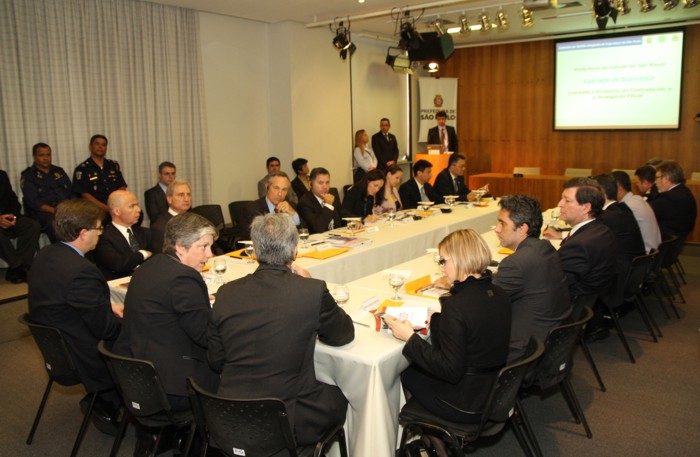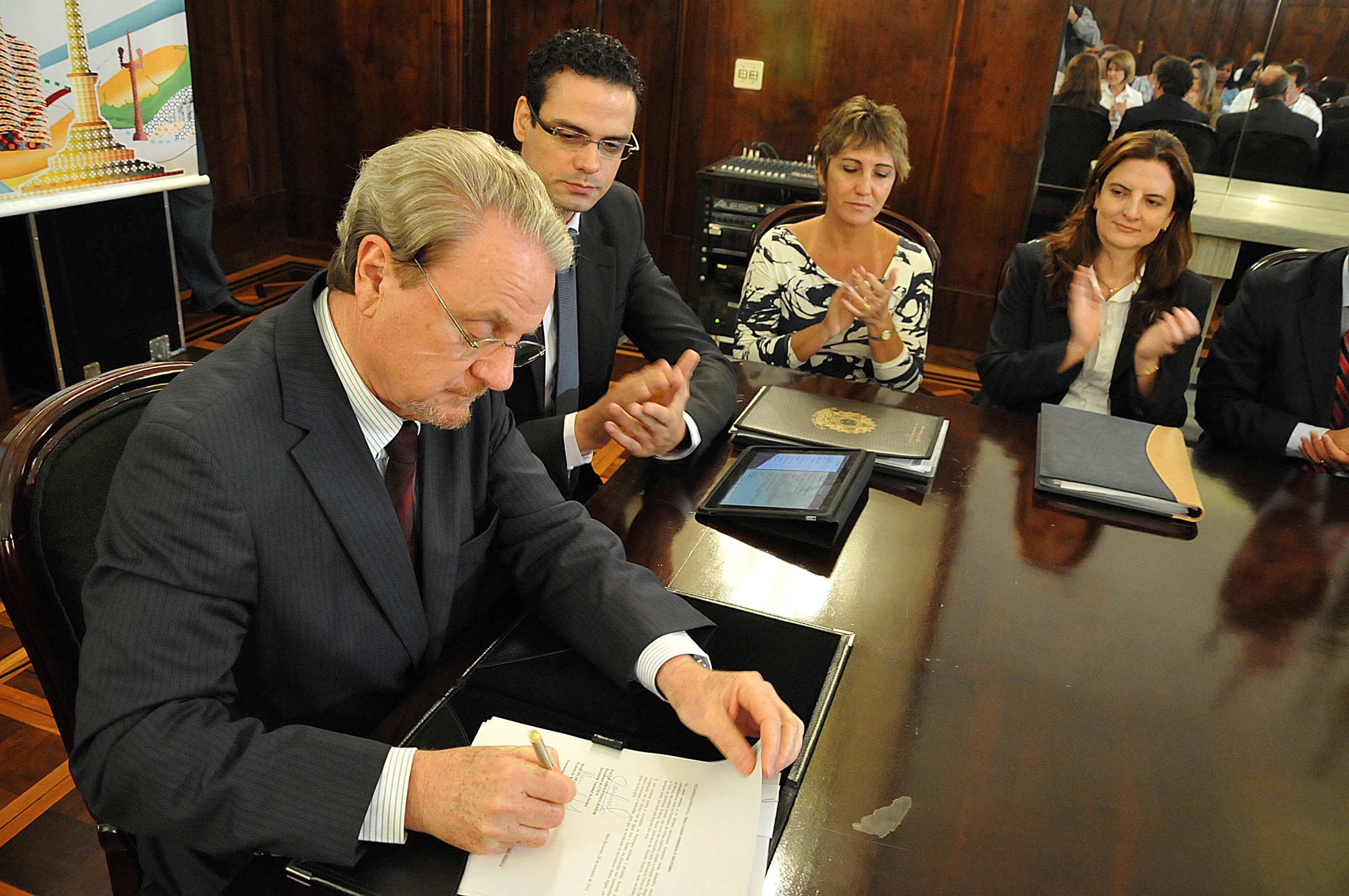The Security Office, through the Municipal Secretariat of Urban Security, informs that it has completed the first stage of verification and inspection of irregularities at the Pátio do Pari Fair - Feira da Madrugada, of the Operation to Combat Piracy and Smuggling, which aimed to the inspection and verification of personal documents of storeowners and employees with a view to assessing irregularities, especially regarding trade and stock of products involved in smuggling / embezzlement, piracy / counterfeiting / counterfeiting, doubtful origin / stolen cargo, tax evasion, irregular operation and other crimes criminal, civil and administrative.
The report by the Security Office informs that 4.505 stores / box were inspected or had some type of intervention in the Operation, 24 of which are food establishments. Of the stores surveyed, 1.434 had seizures of illegal products, characterized as piracy / counterfeiting, smuggling / embezzlement, doubtful origin / cargo or establishment theft. It was found that 2.636 stores / boxes had their registration in order, with the presence of their owner and there were no products characterized as piracy / counterfeiting, or smuggling / embezzlement or of dubious origin. It was also found that 494 stores / boxes had no registration number with the municipal administration. All information was passed on to the Secretariat of Subprefectures, including stores that were not found, empty stores and that their owners did not attend.
Approximately 6.000.000 (six million) illegal products were seized, including clothing, bags, watches, toys, electronics and accessories, which were packed in sealed bags, identified by stores and quantified, as well as administrative seizures of other illegal products.
The seized illegal products were listed in transport guides, presented to the Civil Police - DEIC for the authority of the Authority that prepares the Police Reports and presides over the criminal investigations next to the Public Ministry, being kept in a deposit of the Police and the Municipality of São Paulo . Other products of administrative seizures were or may be kept in the deposit of the City Hall of the region, all equally identified according to legislation.
Products qualified as piracy / counterfeiting, which are of interest in criminal investigation, are submitted to expert examination, for the appropriate qualifications of those responsible. Products qualified as embezzlement / contraband, also listed and presented to the police authority, were sent to the City Hall deposit and those of interest for criminal investigation will be presented to the Federal Revenue Service, which will coordinate the inquiries with the Federal Police.
Products not classified as counterfeiting / piracy, embezzlement / contraband or of doubtful origin, and those that are not of interest for criminal investigation by the competent authority, will be processed administratively by the local sub-prefecture, articulated with the Security Office, always with the knowledge of the authority presiding over the police and prosecutorial investigation.
Tenants who had seized products were instructed, including by telephone 153 - where a system of questions and answers was implemented, which, if they have valid documentation of the products, may request the return through the local Subprefecture, which will forward the Technical Advisory of the Office of Security for appreciation, especially when it comes to piracy, smuggling and others of interest to criminal investigation.
3974 people were identified, of whom 3.401 were qualified. Of the 1.716 foreigners, 58 were taken to the Federal Police for serious irregularities in their documents, being notified with a deadline for regularization and some to leave the country.
Ten people, two shopkeepers, five employees and three GCMs were detained, either arrested or listed by the Metropolitan Civil Guard or the Internal Affairs Department for involvement in the theft of products, or as a result of allegations of corruption, or flagrant corruption. All cases of flagrant and denunciations with evidence were registered in the Police District. The others, without evidence, involving GCMs, are being investigated by the Internal Affairs.
The investigations related to the tax irregularities will be carried out in the second Stage of this Operation of the Security Office, which will start in the coming days, when the notes of the products sold in the stores / box will already be checked.
Tenants were and are being guided and supported by the competent bodies of the procedures they must adopt for full tax regularization, including the use of the MEI - Micro Empreendedor Individual and SIMPLES system, which is extended to tenant suppliers, so that they can supply, buy and sell products with invoices.
All information regarding the operation and seizures, as well as the indications of criminal, administrative and civil crimes, were reported to the State Public Ministry through GAECO - Special Action Group to Combat Organized Crime, as well as to the Federal Public Ministry, which they will also receive from the competent bodies, including the City Hall and this Office, additional information on the evolution of the verifications and investigations.








